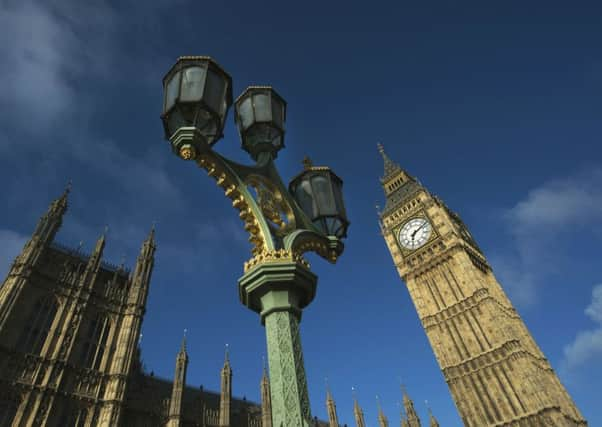More than half of all households receive more in benefits than they pay in tax


The 51.5 per cent of households taking in more than they contribute in 2013/14 is down from a peak of 53.5 per cent in 2010/11, but remains well above the 43.8 per cent recorded in 2000/01, said the report published by the Centre for Policy Studies think tank.
Co-author Adam Memon said that the figures displayed levels of “welfare dependency” which were too high. He urged the Government - which is planning a further £12 billion in cuts to working-age benefits - to press ahead with deeper welfare reform.
Advertisement
Hide AdAdvertisement
Hide AdBut the TUC dismissed the analysis as “extremely misleading”, because it included retired households who receive pensions after a lifetime of paying taxes. TUC general secretary Frances O’Grady described the report it as “a blatant attempt to give the Government political cover to slash public services and in-work benefits”.
The CPS report found that the poorest fifth of households received an average £9,982 more from the state than they paid in taxes, while the middle fifth received £3,517 more than they contributed. The richest fifth paid £20,777 per household more than they received. Partly as a result of the redistributive effect of these payments, levels of inequality in the UK were lower in 2013/14 than in any year under the previous Labour government, said the report.